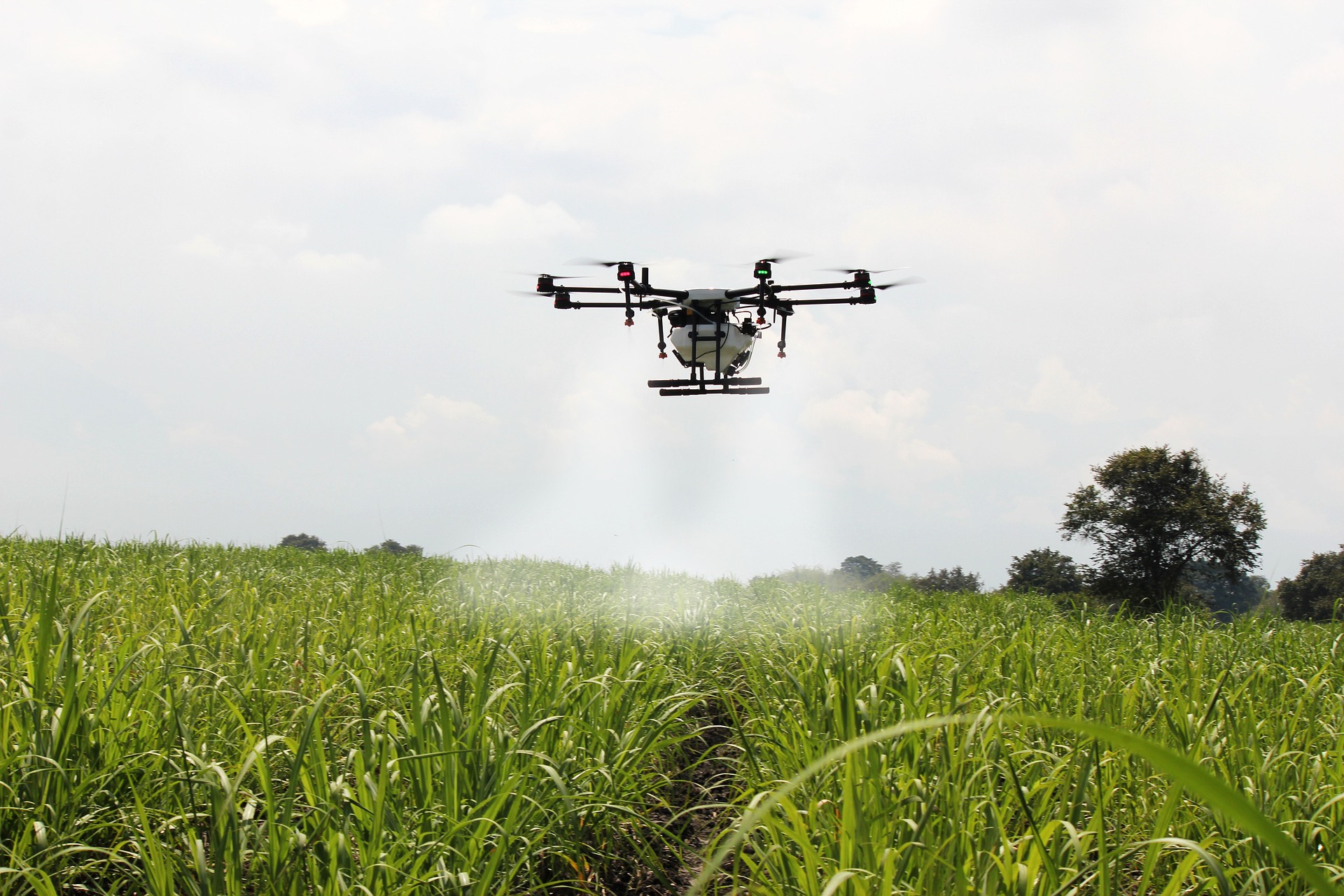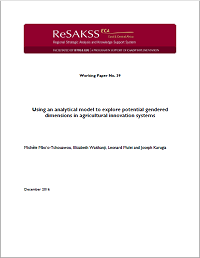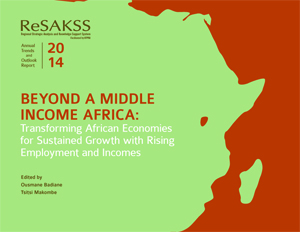By TSITSI MAKOMBE and CHEIKH TRAORE
Like in much of Africa, agriculture remains the dominant source of livelihoods in West and Central Africa (WCA). More than 50 percent of the region’s labor force relies on agriculture for nourishment, income, and employment. Yet, agricultural production systems and food security in the region are increasingly challenged by poor soils, pests and diseases, low levels of technology adoption, the effects of climate change, and health shocks such as COVID-19. Futhermore, agricultural production systems are plagued by the limited availability of accurate and timely data to monitor production systems, markets, and changes in weather and climate, as well as to effectively inform decision-making by farmers, policymakers, and other development practitioners.
To discuss the need to harness data and technology in order to address the above challenges and advance agricultural production systems, productivity, and food security in WCA, AKADEMIYA2063 and CORAF co-organized a virtual regional learning event on July 6 that brought together representatives from regional economic communities (RECs)—ECOWAS and ECCAS, development agencies, universities, research organizations, and farmers' groups.
In his opening remarks, Mr. Alain Sy Traore, Director of the ECOWAS Department of Agriculture and Rural Development, commended the partnership between CORAF and AKADEMIYA2063 and its potential to advance technological innovation in the region. He remarked that technological innovations such as “…ICTs can boost food systems and provide valuable production and market information for policymakers and farmers alike.”

Drone Spraying Sugarcane: Image by Herney Gómez, Pixabay
Noting the importance of family farming in West Africa and the challenges faced by agriculture, Mr. Ousseini Ouedraogo, Executive Secretary, Network of Peasant Organizations and Agriculture Producers in West Africa (ROPPA), shared examples of technological innovations being used by ROPPA members. These include the use of radio and mobile phones to share climate information in Ghana, drones in agricultural production in Burkina Faso, and virtual platforms to promote local milk in Senegal. He called for investments in technology development and dissemination and making technologies accessible and affordable, especially to youth.
Dr. Niéyidouba Lamien, CORAF’s Head of Agriculture, Food and Nutrition Priority Intervention Domain, shared his organization’s experience in advancing the use of modern tools for data collection through (a) an online platform that provides information on improved agricultural technologies and innovations that can be used by agriculture sector stakeholders, (b) a fertilizer and seed recommendation mapping platform where various stakeholders can access information and make queries, and (c) a monitoring and evaluation platform where countries upload and download data and information. To enable regular data collection to inform farming decisions, he also noted that CORAF was developing a digital survey for data collection and a more robust integrated digital agricultural platform that will provide agricultural information and advisory services.
In light of the data challenges faced by African countries, Dr. Racine Ly, Director for Data Management, Digital Products and Technology at AKADEMIYA2063, elaborated how remote sensing data can help to address data gaps by providing access to a wealth of specific and detailed data with just one image while machine learning techniques enable better understanding of how changes on the ground relate to one another and how they evolve.
By combining remote sensing data and machine learning techniques, Dr. Ly is leading AKADEMIYA2063’s work to predict agricultural production and yields in Africa. He shared results of the 2020 predictions of production levels for casava, maize, and rice in WCA and introduced participants to the Africa Agriculture Watch (AAgWa), an interactive online platform that combines remote sensing data and machine learning to guide decision-making in African agricultural production systems.
In concluding the event, Dr. Ousmane Badiane, Executive Chairperson for AKADEMIYA2063, stressed AKADEMIYA2063’s commitment to innovating and mobilizing expertise to provide data and analytics in support of regional and continental agricultural agendas. He also underscored the need to develop and make accessible and affordable modern technologies, noting that “we cannot win the competition of tomorrow with yesterday’s technologies.”
Tsitsi Makombe is Director of External Relations with AKADEMIYA2063; Cheikh Traore is Communications Coordinator at AKADEMIYA2063.


